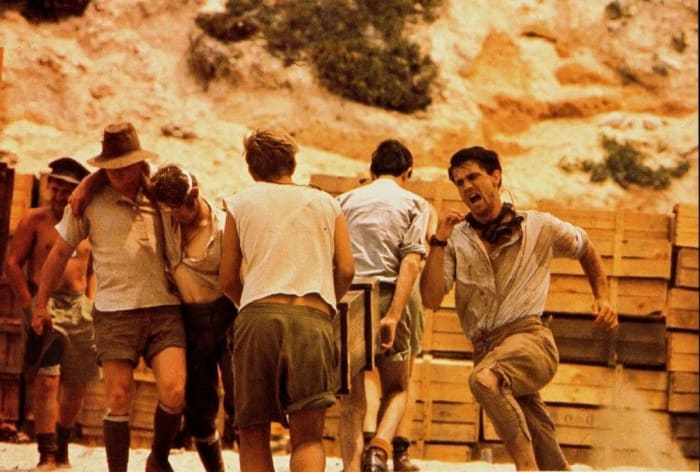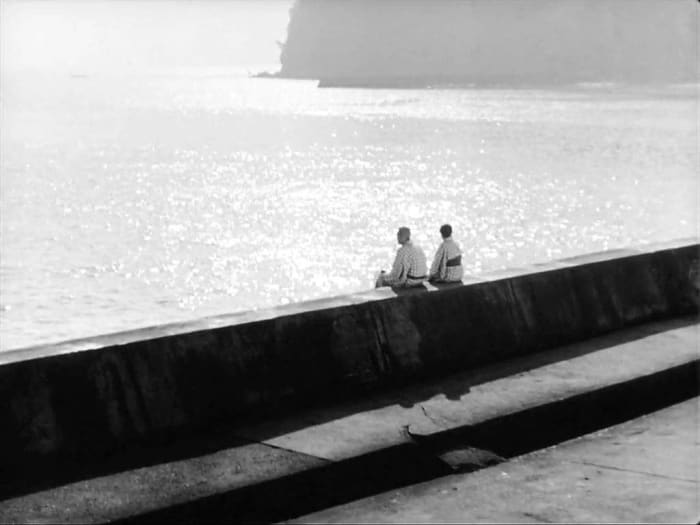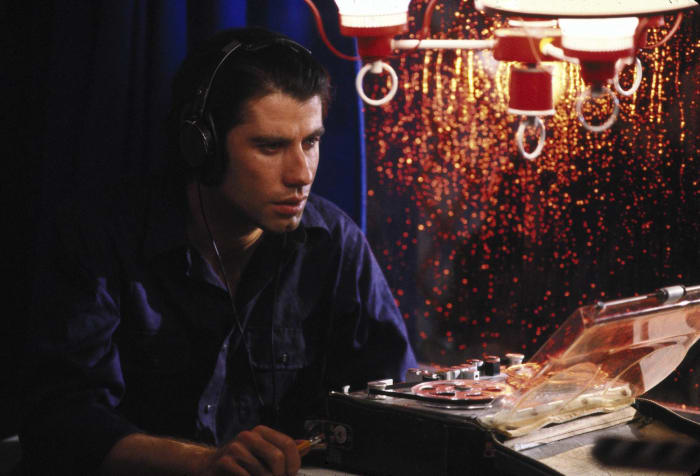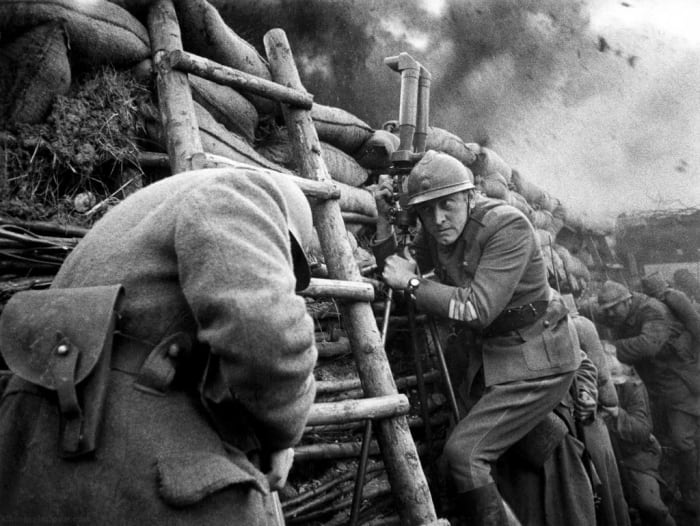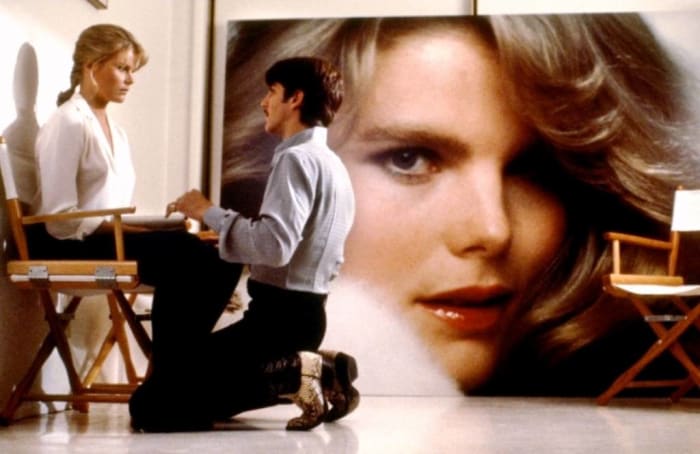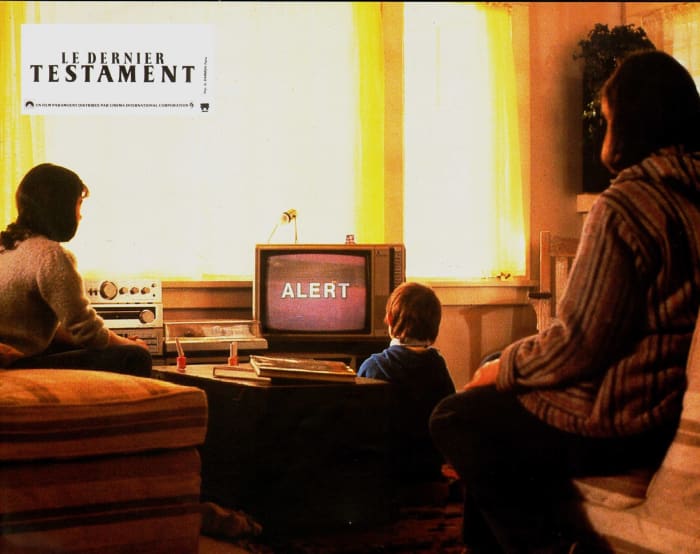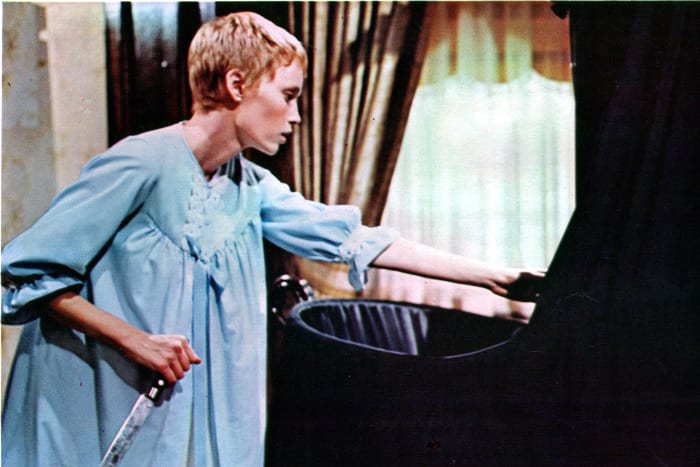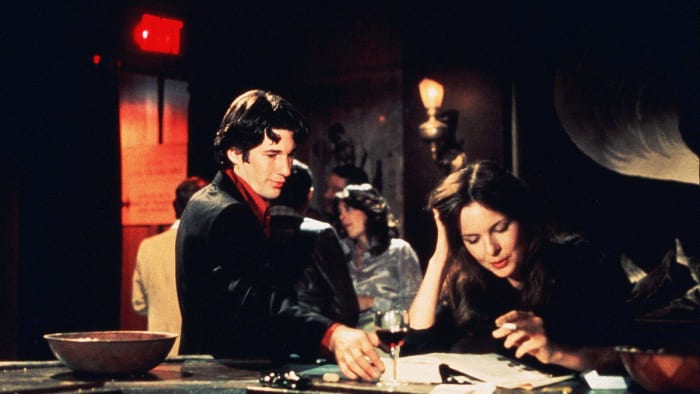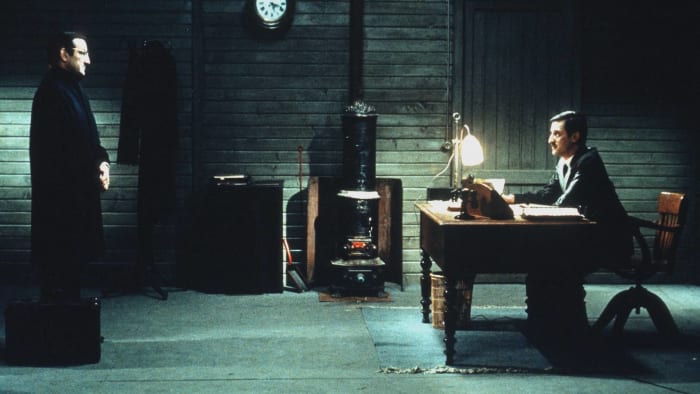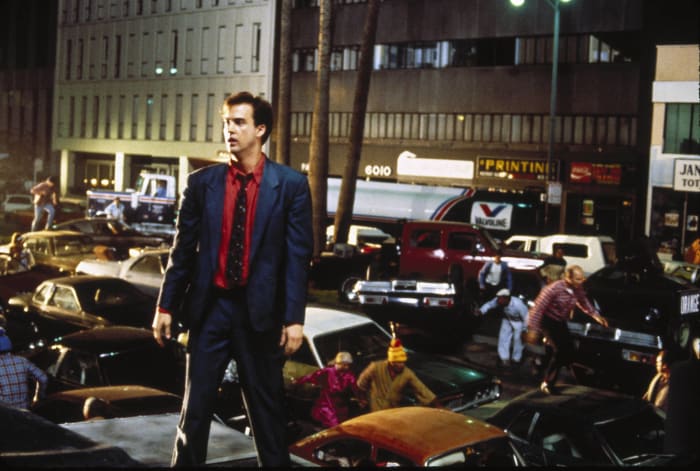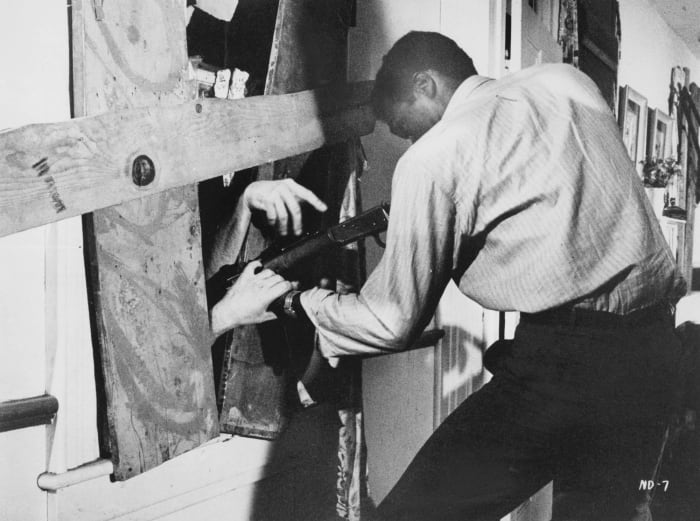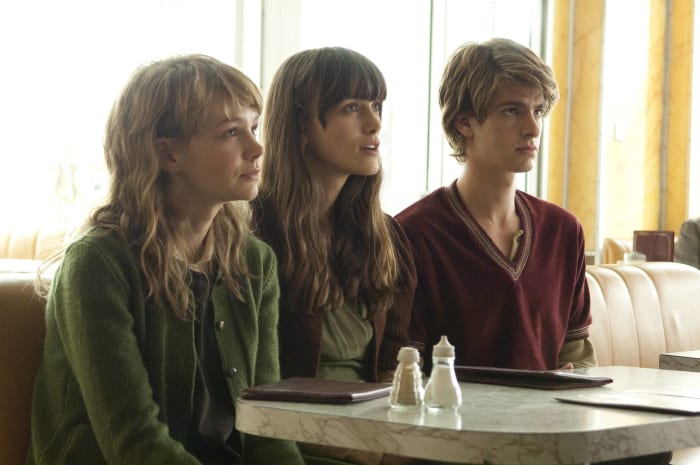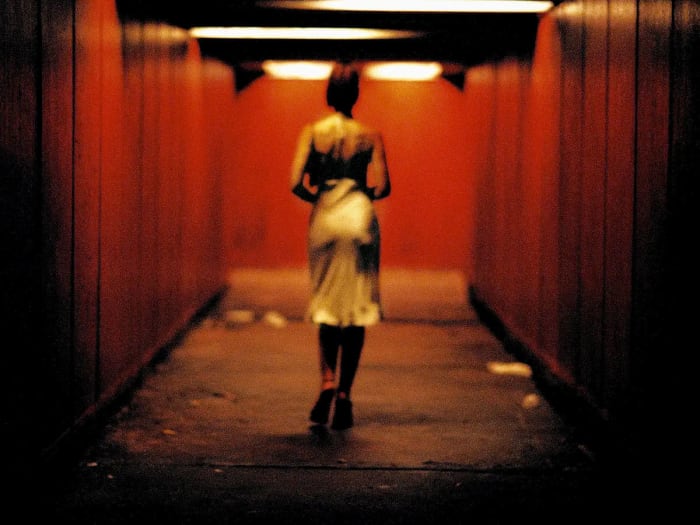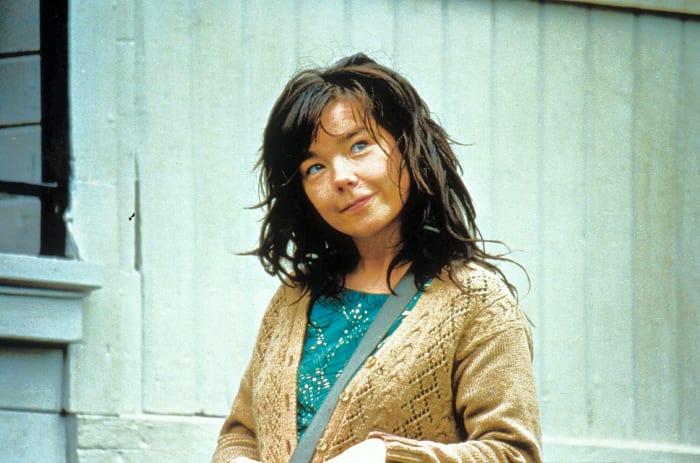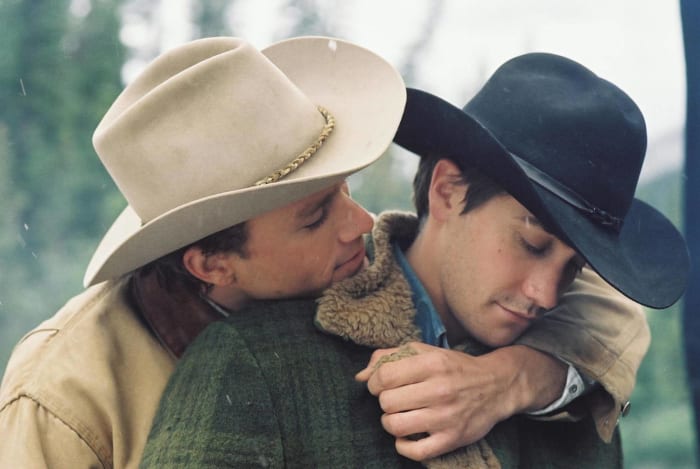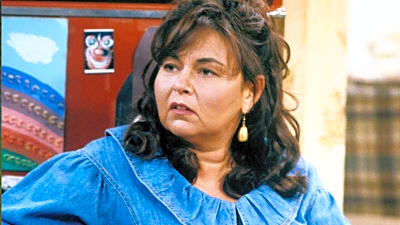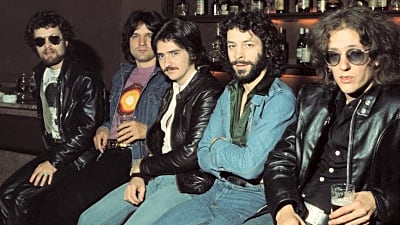
The 25 most devastating movie endings
Forty years ago this month, Peter Weir devastated audiences around the world with the final scene of his World War I masterpiece "Gallipoli". It takes courage to do this to moviegoers. "It's a great movie, but the ending is too sad to bear" is a mixed bag when it comes to word-of-mouth - which is why classic tearjerkers like "Titanic", "Terms of Endearment" and "The Iron Giant" end on moments of hope. The twenty-five movies on this list eschew such half-measures. They go hard. They leave you battered, if not completely broken. So pull out a box of tissues, and let's relive some of the most traumatizing endings of all time. (Mega-spoilers ahead, obviously.)
More must-reads:
- 25 iconic songs that were written specifically for a film
- 20 films that are so stupid they that are actually genius
Customize Your Newsletter
 +
+
Get the latest news and rumors, customized to your favorite sports and teams. Emailed daily. Always free!

